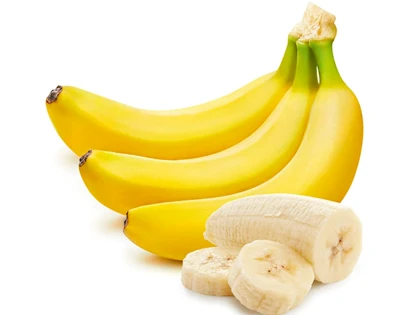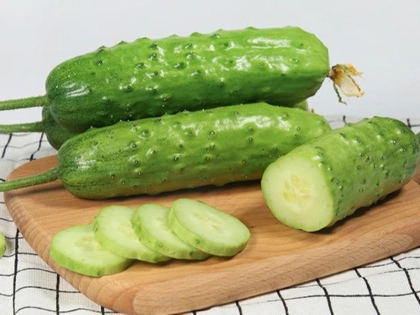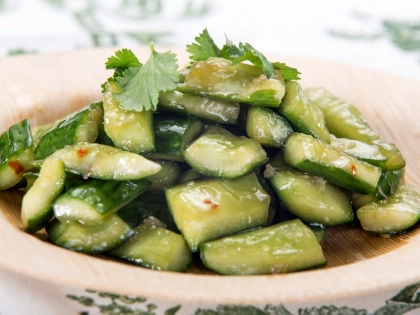Are cucumbers a vegetable or a fruit?
A simple vegetable that is high in nutrients and packed with vitamins C and K is the cucumber. It should come as no surprise that vegetables are regarded as nutritious snacks. However, are cucumbers considered a vegetable or a fruit? Since they originate from a flower and contain seeds, botanists would classify them as fruits; in contrast, vegetables come from other sections of the plant, such as the roots, stems, or leaves.
From a botanical perspective
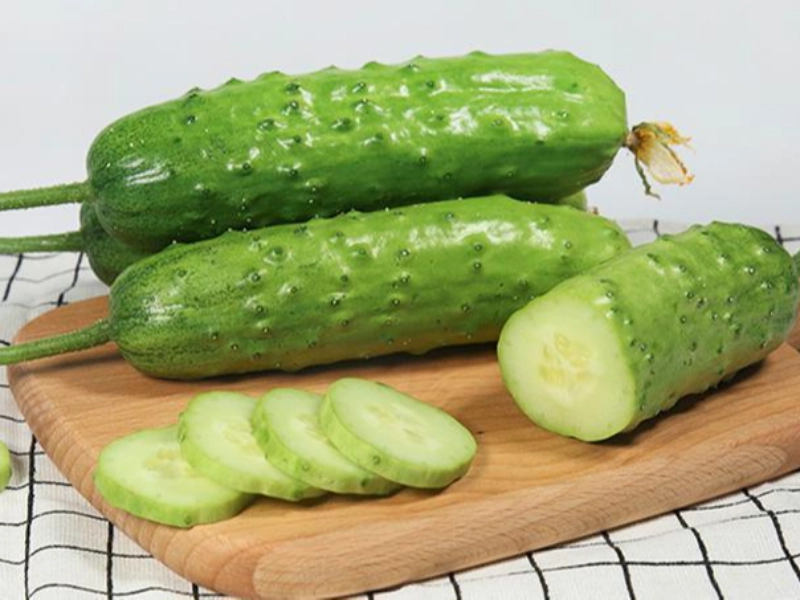
Cookery
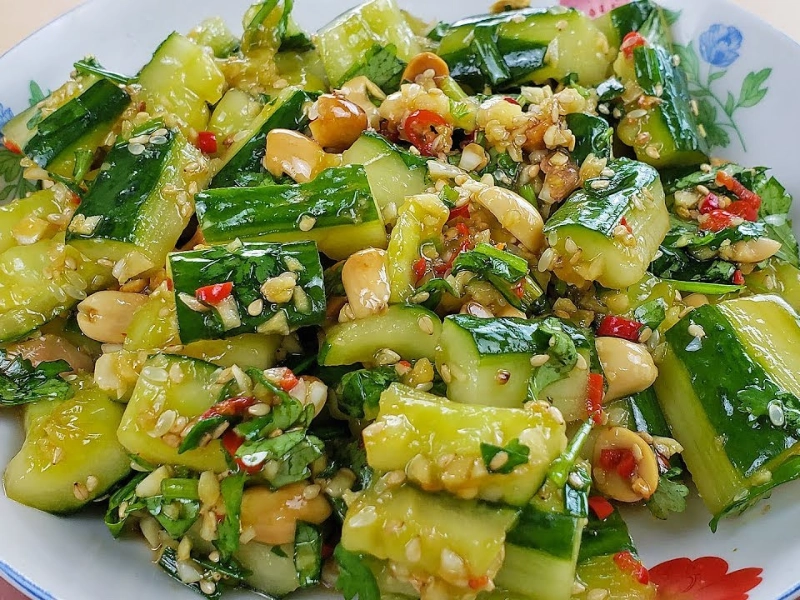 In addition to being a necessary component of salads and hummus, cucumbers give soups, sandwiches, and dips a crisp, cool quality. They are a nutritious complement to any diet because they are low in calories, fat, and carbs.
Additionally, grocery stores, farmers markets, and roadside farm stands are good places to find them. There, you can choose from a wide range of cultivars, such as the lemon cucumber (C. latifolium), short, stubby pickling cucumbers (C. anguria), and Asian and Middle Eastern slicers.
Cucumbers are classified as fruits botanically, yet they are more frequently utilized as vegetables than in juices and sweets. Whether a food is considered a fruit or vegetable in cooking is determined by its flavor, texture, and intended function. Fruits are offered as snacks or desserts, while vegetables, which are typically prepared as side dishes or main courses, have a savory flavor. Generally speaking, foods with a harder texture are referred to as vegetables, while foods with a soft, delicate touch are referred to as fruits.
In addition to being a necessary component of salads and hummus, cucumbers give soups, sandwiches, and dips a crisp, cool quality. They are a nutritious complement to any diet because they are low in calories, fat, and carbs.
Additionally, grocery stores, farmers markets, and roadside farm stands are good places to find them. There, you can choose from a wide range of cultivars, such as the lemon cucumber (C. latifolium), short, stubby pickling cucumbers (C. anguria), and Asian and Middle Eastern slicers.
Cucumbers are classified as fruits botanically, yet they are more frequently utilized as vegetables than in juices and sweets. Whether a food is considered a fruit or vegetable in cooking is determined by its flavor, texture, and intended function. Fruits are offered as snacks or desserts, while vegetables, which are typically prepared as side dishes or main courses, have a savory flavor. Generally speaking, foods with a harder texture are referred to as vegetables, while foods with a soft, delicate touch are referred to as fruits.
Nutritive
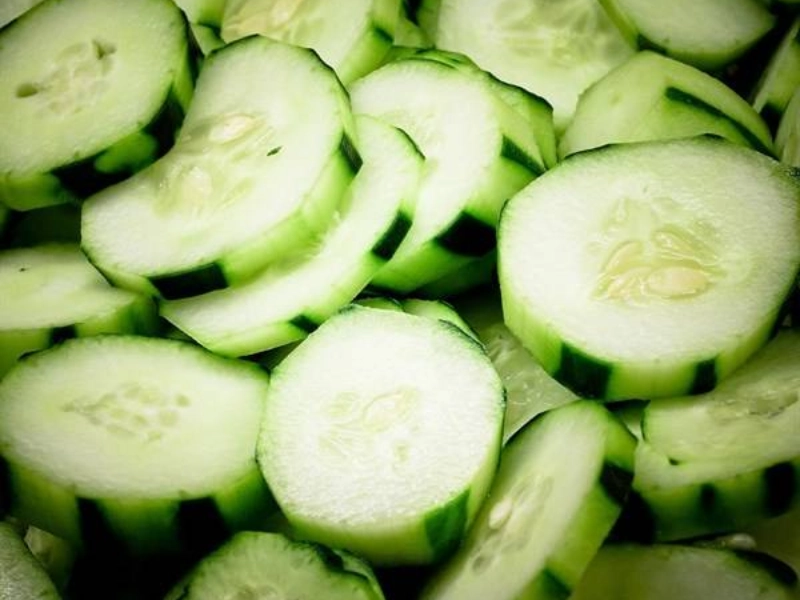 Cucumbers have historically been regarded as vegetables in culinary terms. They add a crisp and fresh flavor to salads and sandwiches. According to the USDA, they are low in calories and rich in potassium, vitamin K, and vitamin C, among other essential nutrients.
Additionally, cucumbers are a great source of phytonutrients with anti-inflammatory and antioxidant qualities, such as flavonoids and lignans. They also include cucurbitacin B, a chemical that fights cancer.
Cucumbers have just 8 calories per half-cup. The high water content of the vegetable aids in bodily hydration. Moreover, it provides fiber and the mineral beta-carotene, which your body processes to produce vitamin A. It's also a good source of potassium, which lowers blood pressure and counteracts the effects of salt. (Heart disease and stroke are risk factors for high blood pressure.) With only 0.3 grams of protein per serving, it's not a particularly good source of macronutrients. Cucumbers work best when combined with foods that are high in nutrition.
Cucumbers have historically been regarded as vegetables in culinary terms. They add a crisp and fresh flavor to salads and sandwiches. According to the USDA, they are low in calories and rich in potassium, vitamin K, and vitamin C, among other essential nutrients.
Additionally, cucumbers are a great source of phytonutrients with anti-inflammatory and antioxidant qualities, such as flavonoids and lignans. They also include cucurbitacin B, a chemical that fights cancer.
Cucumbers have just 8 calories per half-cup. The high water content of the vegetable aids in bodily hydration. Moreover, it provides fiber and the mineral beta-carotene, which your body processes to produce vitamin A. It's also a good source of potassium, which lowers blood pressure and counteracts the effects of salt. (Heart disease and stroke are risk factors for high blood pressure.) With only 0.3 grams of protein per serving, it's not a particularly good source of macronutrients. Cucumbers work best when combined with foods that are high in nutrition.
Keepsake
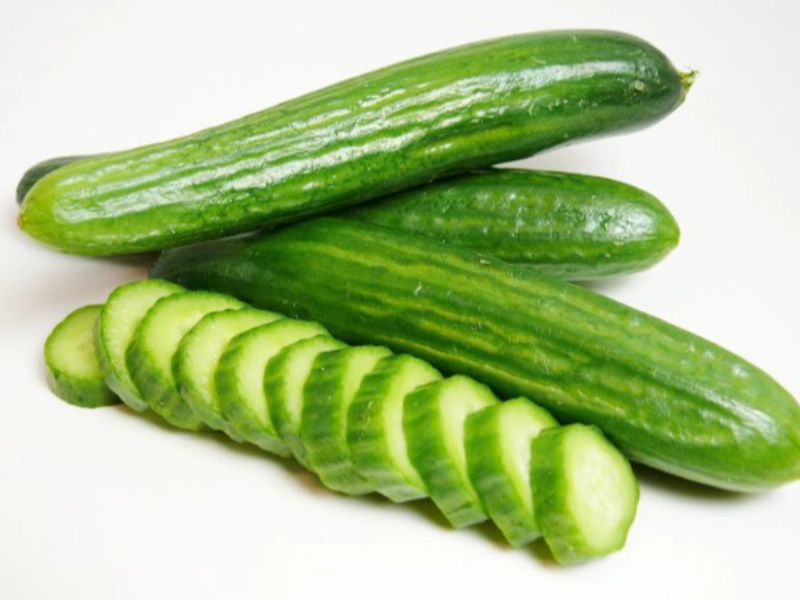 Cucumbers (Cucumis sativus) are crisp, refreshing vegetables that have a subtle flavor and appealing texture. They're full of nutrients and give salads, sandwiches, and soups a wonderful crunch.
Cucurbitaceae is the family that comprises cucumbers, pumpkin, watermelon, and summer squash (such as zucchini). It starts off as a flower, just like other members of this family, and eventually transforms into a fleshy fruit that contains seeds.
Cucumbers keep well in the refrigerator for a long time due to their high water content. Choose a firm one that is wrinkle- and nick-free to keep them fresh. Keep them in the refrigerator's coldest section, preferably close to the veggies.
Vitamin C, which is abundant in cucumbers, helps to strengthen immunity and prevent illness. Vitamin K, which is involved in blood clotting, is also present in them. They are also low in fat and calories. This makes them a wholesome snack, either by themselves or when combined with other wholesome foods.
Cucumbers (Cucumis sativus) are crisp, refreshing vegetables that have a subtle flavor and appealing texture. They're full of nutrients and give salads, sandwiches, and soups a wonderful crunch.
Cucurbitaceae is the family that comprises cucumbers, pumpkin, watermelon, and summer squash (such as zucchini). It starts off as a flower, just like other members of this family, and eventually transforms into a fleshy fruit that contains seeds.
Cucumbers keep well in the refrigerator for a long time due to their high water content. Choose a firm one that is wrinkle- and nick-free to keep them fresh. Keep them in the refrigerator's coldest section, preferably close to the veggies.
Vitamin C, which is abundant in cucumbers, helps to strengthen immunity and prevent illness. Vitamin K, which is involved in blood clotting, is also present in them. They are also low in fat and calories. This makes them a wholesome snack, either by themselves or when combined with other wholesome foods.





